The literary world mourned on hearing that Doris Lessing, the Nobel-prize winning author of The Golden Notebook and The Grass is Singing, among more than 50 novels covering subjects from politics to science fiction, had died peacefully at her London home aged 94.
Her younger son, Peter, whom she cared for through years of illness, died three weeks ago.
The biographer Michael Holroyd, her friend and executor, said her contribution to literature was "outstandingly rich and innovative". He called her themes "universal and international … They ranged from the problems of post-colonial Africa to the politics of nuclear power, the emergence of a new woman's voice and the spiritual dimensions of 20th-century civilisation. Few writers have as broad a range of subject and sympathy.
"She is one of those rare writers whose work crosses frontiers, and her impressively large output constitutes a chronicle of our time. She has enlarged the territory both of the novel and of our consciousness."
The American author Joyce Carol Oates said: "It might be said of Doris Lessing, as Walt Whitman boasted of himself: I am vast, I contain multitudes. For many, Lessing was a revolutionary feminist voice in 20th-century literature – though she resisted such categorisation, quite vehemently. For many others, Lessing was a 'space fiction' prophet, using the devices and idioms of the fantastic to address human issues of evolution and the environment.
"And for other readers, Lessing was a writer willing to explore 'interior worlds', the mysterious life of the spiritual self. Though it is perhaps a predictable choice, my favourite of her many novels is The Golden Notebook. And my favourite of her many wonderful stories is her most famous – To Room Nineteen."
Nick Pearson, her editor at HarperCollins/4th Estate, said: "I adored her."
Born in Iran, brought up in the African bush in Zimbabwe – where her 1950 first novel, The Grass is Singing, was set – Lessing had lived in London for more than 50 years. In 2007 she came back to West Hampstead, north London, carrying heavy bags of shopping, to find her doorstep besieged by reporters and camera crews. "Oh, Christ," she said, on learning that at 88 she had just become the oldest author and the 11th woman to win the Nobel prize in literature. Pausing rather crossly on her front path, she said: "One can get more excited", and went on to observe that since she had already won all the other prizes in Europe, this was "a royal flush".
Later she remarked: "I'm 88 years old and they can't give the Nobel to someone who's dead, so I think they were probably thinking they'd probably better give it to me now before I've popped off."
The citation from the Swedish Academy called her "that epicist of the female experience, who with scepticism, fire and visionary power has subjected a divided civilisation to scrutiny".
Pearson, her editor at the time, recalled the doorstep moment vividly: "That was what she was like. That was vintage Doris.
"When I took over looking after her books, she had a fairly formidable reputation, and the first time I went to meet her I was terrified, but she was always completely charming to me. She was always more interested in talking about the other writers on our list, what the young writers were working on – and reading – than in talking about her own books."
Lessing's last novel, although several earlier books have since been re-released as e-books, was Albert and Emily, published in 2008. Pearson said: "That was a very interesting book for her, revisiting the early life of her mother and her father and how they had been touched by the first world war.
"At the time she said to me 'this is my last book', and we accepted that. She was already at a great age, and I could see she was tired."
The publisher's UK chief executive, Charlie Redmayne, added: "Doris Lessing was one of the great writers of our age. She was a compelling storyteller with a fierce intellect and a warm heart who was not afraid to fight for what she believed in. It was an honour for HarperCollins to publish her."
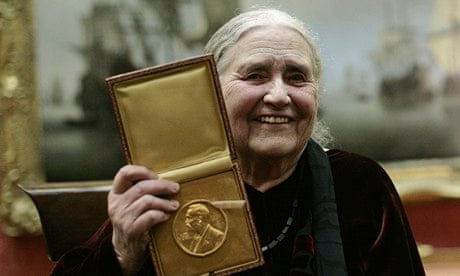
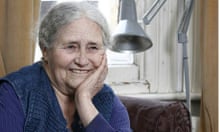

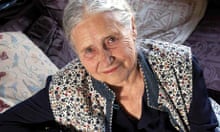
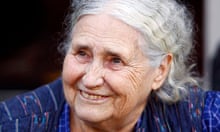
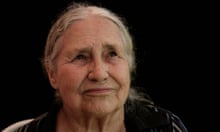
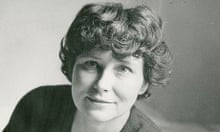


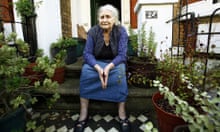

Comments (…)
Sign in or create your Guardian account to join the discussion